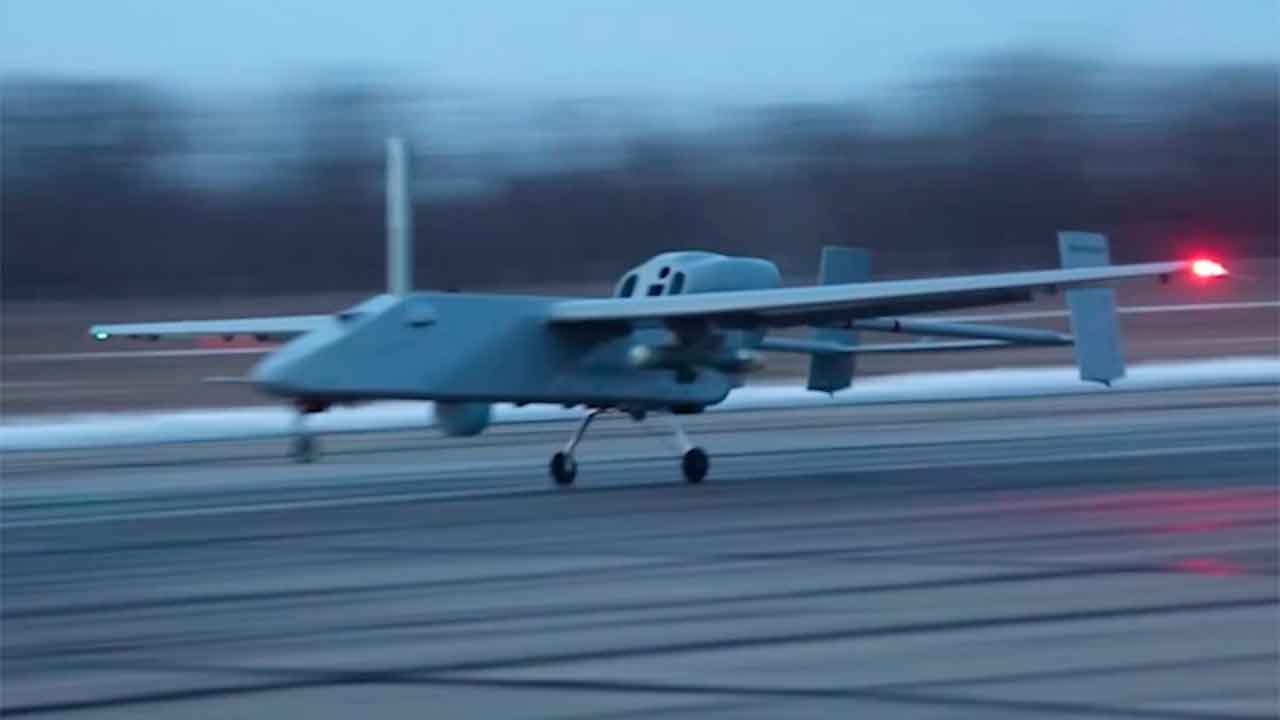

On Thursday morning, Russian forces launched an intercontinental ballistic missile (ICBM) at the Ukrainian city of Dnipro, marking the first use of this type of weapon in the ongoing conflict.
+ Video: Dawn Aerospace completes first civil supersonic flight since the Concorde
+ Six Russian Missile Warheads Hit Target in Ukraine: Video Captures the Exact Moment
According to the Ukrainian Air Force, the attack targeted businesses and critical infrastructure in Dnipro using a variety of missiles:
ICBM: Launched from the Astrakhan region.
Kh-47M2 “Dagger”: An aeroballistic missile fired from a MiG-31K fighter jet in the Tambov region.
Seven cruise missiles Kh-101: Launched by strategic bombers Tu-95MS.
Interceptions and Impacts
Ukrainian air defense forces reported intercepting and destroying six of the Kh-101 cruise missiles.
“No significant consequences were reported from the other missiles,” the Ukrainian Air Force added.
Escalation in Weaponry
The use of an intercontinental ballistic missile by Russia represents a new escalation in the conflict, showcasing the range and power of its strategic capabilities. Previous Russian missile attacks on Ukraine had focused on short- and medium-range weapons, but the launch of an ICBM broadens the confrontation into a category of armament typically associated with nuclear threats.
The Ukrainian government is still assessing the full extent of the damage caused by the attack, while the international community closely monitors the conflict’s developments and its implications for global security.
Photo: Telegram @mod_russia. This content was created with the help of AI and reviewed by the editorial team.


